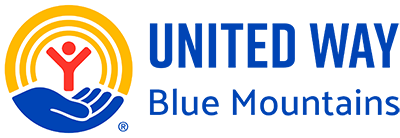
OUR GOAL: To provide age-appropriate, affordable, high-quality care for all children ages 0-5 in Walla Walla and Columbia Counties, WA and Milton-Freewater, OR.
Expanding Early Learning & Kindergarten Readiness
.png)
In 2022, Elevate embarked on a project to make affordable, high-quality early learning and care accessible to all children in the Walla Walla Valley and is committed to achieving this goal through four strategic approaches:
- Understanding the Local Early Learning Ecosystem
We assess who has access to early learning opportunities and identify gaps in service. - Creating New Early Learning Opportunities
We develop strategies to expand access and meet the needs of children and families in the region. - Disseminating Information
We gather data through surveys, analyze the results, and share meaningful insights to guide future decisions. - Public Data Dashboard
We maintain a public-facing dashboard that tracks kindergarten readiness data for Walla Walla and Columbia Counties, starting from 2019.
Strengthening Childcare: Supporting Facilities & Providers
Supporting Childcare Facilities & Providers
Our efforts have centered on matching providers with suitable facilities. Studies conducted in 2021 and 2022 revealed key challenges like a shortage of licensed care slots, limited facility space, and a lack of capital for facility development. Our current work aims to overcome barriers associated with these challenges to support the increase of childcare slots in our area.
Facility & Provider Matching
In 2023, we partnered with Arrowleaf Consulting to assess and address the facility needs of early learning providers. Through engagement with 17 providers and 10 businesses, we identified potential sites for childcare facilities. In 2024, we collaborated with ESD 123 to continue our efforts in expanding childcare slots through the development of a childcare facility expansion and improve plan and expanding the childcare workforce.
.png)
